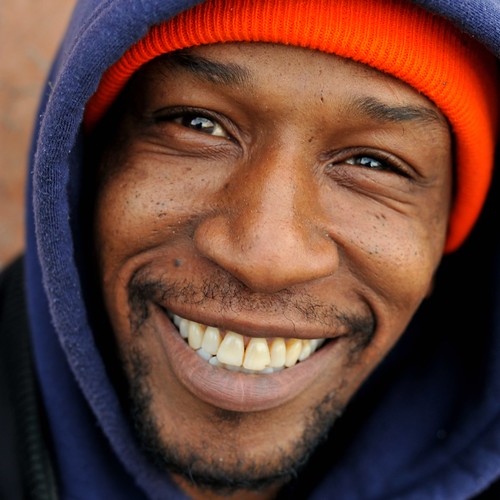 |
| Photo Credit: Viewminder |
In a recent interview with Leadership Journal's Paul Pastor, author Philip Yancey challenges us to consider the role that grace can play as we interact with our culture. Here's a highlight:
"The Barna Group has documented that ordinary Americans, especially the "nones" who have no religious commitment, view Christians much less favorably than they did even 20 years ago. Books like unChristian spell out why. Outsiders to the faith see Christians as judgmental, self-righteous, right-wing, and anti—anti-gay, anti-science, anti-sex—the usual stereotypes.
I'll leave that field to the pollsters and sociologists. As a Christian, I'm more interested in how we in the church contribute to a crisis of grace. To me, much of the problem stems from the uncomfortable reality that American culture has moved away from having a solid Christian consensus at its core. Certainly a strong majority of people believe in God, and a strong minority attend church on a semi-regular basis, but the culture has grown increasingly secular compared to the recent past.To read the rest of the interview please click here.
Recently I heard the writer Amy Sherman describe three possible approaches: fortification, accommodation, and domination. Fortification: some Christians hunker down in a defensive posture, insulating themselves against the broader culture, creating a bubble around the subculture. Accommodation: some follow the script of the world, watering down the message so that it no longer offends. Domination: some fight to "get our country back!" by electing Christian politicians and working to pass laws that reflect the moral values they cherish.
Each of these approaches involves pitfalls, as Amy Sherman pointed out. Fortification? Jesus sent out his followers as "sheep among wolves," not as sheep locked safely in the barn. Accommodation? Jesus never watered down the gospel message and its implications for how we should live. Domination? One of the main reasons for a decline of faith in Europe traces back to the days when church and state worked together to dominate culture; though a coercive approach may work for a while, inevitably it produces a backlash.
For a better model I look back to the early Christians, who were seeking to live out their faith in a culture far more hostile and arguably more immoral than our own. We think NFL football is violent; Romans watched gladiatorial murder for sport. Abortion is bad enough; in the cruelest form of birth control, the Romans abandoned their full-term infants to wild animals. Homosexuality? Sophisticated Romans practiced same-sex pederasty with children.
So how did the early Christians respond? As a tiny minority, they showed a watching world a different way to be human. They adopted those abandoned infants and nursed them back to health. Risking their own lives, they stayed behind to nurse plague victims whose families had fled. They lived out a new standard of sexual purity.
As anyone knows who cruises the Internet, watches television, or votes in elections, our culture is becoming increasingly polarized. I look for models of how to bring grace back to a society in dire need of it. American Christians have been spoiled, in a way, with our religious heritage. Historically, we're the outlier. More often the church faces situations like the early Christians faced in Rome—or like the church in China and the Middle East faces today. With our strong infrastructure of missions, education, and service organizations, I hope we in the U.S. church can demonstrate to the rest of the world a new model, of pioneer settlements showing the world a different way to live, a bright contrast to the violent, competitive, self-indulgent culture around us."
No comments:
Post a Comment